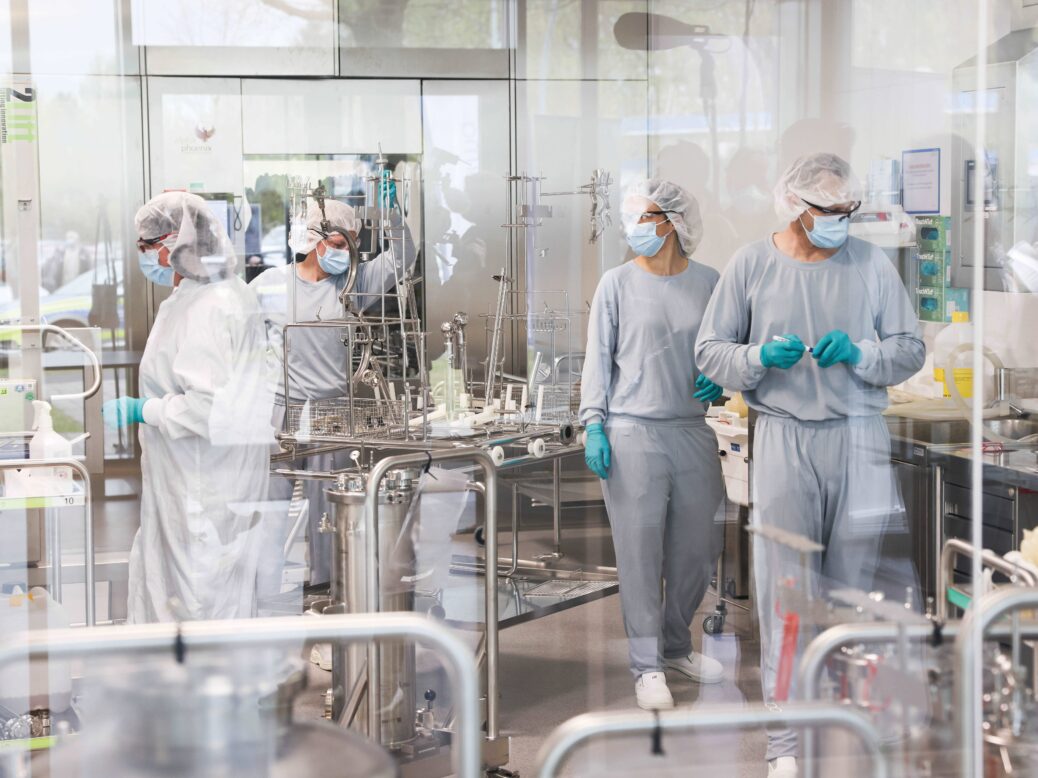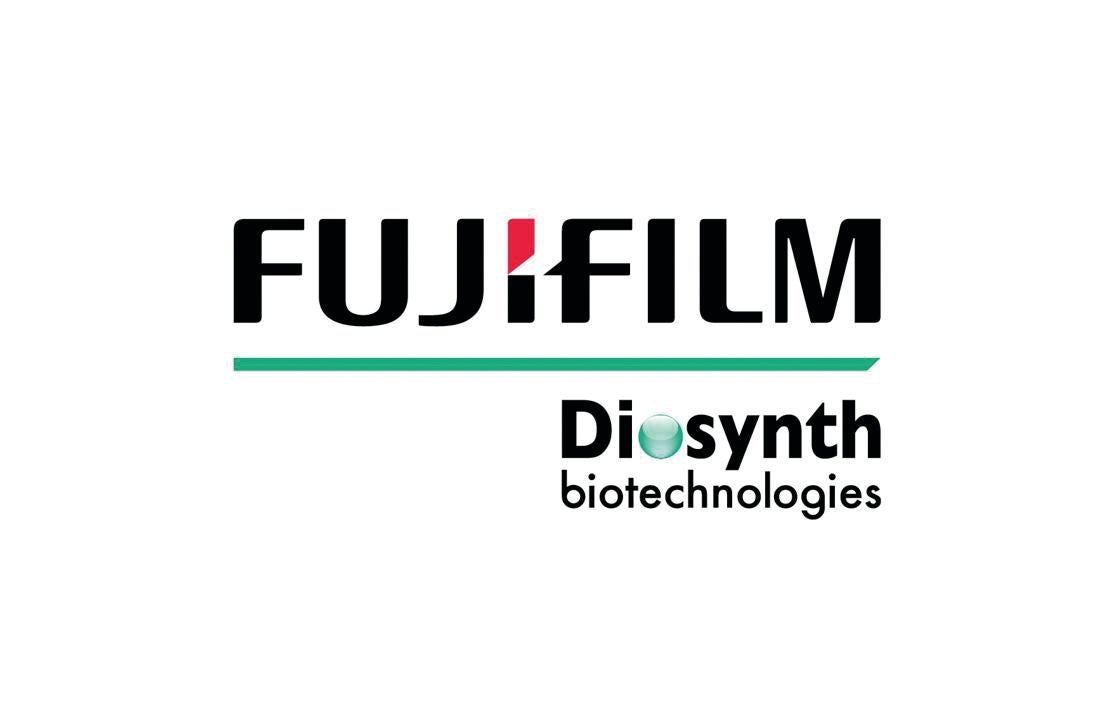
Fujifilm Diosynth Biotechnologies (FDB) is a contract development and manufacturing organisation (CDMO) providing services to companies that develop complex new medicines and require biological systems for their manufacture. This includes the likes of antibody drugs, enzymes and gene-therapy products. All of these require particular skills and expertise to develop and manufacture.
If you’re a biotech start-up, your focus is on the discovery of new products rather than manufacturing. So outsourcing functions such as process and analytical development, then leaving manufacturing to a CDMO such as FDB, allows for rapid progress of products to the clinic and eventually to the market. FDB works with more than 100 companies each year to provide the services that help get products to market.
How did you get started in this field and what has been your career path?
Andy Topping: I have had an unusual career path in that I started with ICI and stayed there as it changed through takeovers or mergers and became Fujifilm Diosynth Biotechnologies. I started as a microbial molecular biologist and early on we were looking a lot at industrial products, but the focus of the company from the mid-1990s has very much been on biologics (protein-based therapeutics). At the same time, the third-party service provision we specialise in was opening up in the US when regulations changed to allow companies to outsource these functions. Now I mainly work in process design and development pathways, along with looking after 500 scientists, plus our external partnerships with universities, as well as our corporate research arm.
FDB has been involved in the fight against the Covid-19 pandemic. Can you tell us a bit about its role?
We have been involved in supporting the manufacturing of Covid-19 vaccines in three of our sites (two in the US and one in UK). It is interesting and rewarding work. Fujifilm’s expertise is with protein-based products, so we are working with companies to produce these in particular.
What does innovation mean for a service provider like FDB?
We at Fujifilm Diosynth try to add value to what can be quite a traditional arrangement by lending our equipment and manufacturing expertise to customers. Providing support around development, formulation and analytic services all adds to the value of that relationship and makes it more innovative. We are the experts in being able to make products inside and out, and we have the processes to do that. We have the experience because we have worked with hundreds of molecules for 30 years. Our customers have a deep understanding in a very focused area of work because that is their business.
One of the challenges of manufacturing and working on a broad range of products is we need to ensure the innovation and science is really broad too. We need to be flexible in order to deliver all of those different products that might each require very specific processes.
Our equipment and facilities need to meet those broad needs and to interoperate. We did a gap analysis, and designed and built a system called SymphonX – a single-use rig which can operate multiple unit operations. It also allows processes to be much more compact by optimising the use of water. This single unit is able to operate several steps in the process, connect them together and interchange between them. Logistically, it also means: we deal with fewer vendors, [we have] fewer issues around parts for the equipment, streamlined training, and it allows us to build more flexible processes.
Can we expect more innovation in the future?
Our parent organisation supports our science-led approach to everything we do, and that means they provide the investment to make that happen. It is about making sure we can respond to new types of products as they emerge, such as viral vectors, cell therapy, microbiomes, and in vitro and synthetic methods. Much of that would have been unthinkable 20 years ago but the technology has moved on and our customers want help with those products.
Can you say more about your collaborative work with universities?
As an organisation we look at the things we need for the future, building the knowledge together with external collaborators. We are working on a long-term project, a Centre of Excellence in Bioprocessing with the Universities of Edinburgh, Manchester and York, supporting around 20 PhD students this year.
That collaboration is going to be strengthened through a “Prosperity Partnership” that is being supported by two UK research councils. This will be a five-year programme worth around £8m in funding. The universities really can provide that underlying knowledge and platform that allows us to build products. It is a similar story in the US, where we work with groups like AMBIC [Advanced Mammalian Biomanufacturing Innovation Center] and BPOG [BioPhorum Operations Group] and the universities near to our sites there.
Can you talk about the business expanding in the UK?
Fujifilm Corporation is making the investment in the UK because the demand from the UK and Europe has increased and, together with the supply chain challenges from Covid-19, we wanted to be able to increase our capacity to meet those customer needs.
Your core purpose as an organisation is to be a “partner for life”. What does that mean for you?
I like to be able to solve not just the immediate problem, but to set our customers up for success in the future so that they choose to come back to us to work together again.



